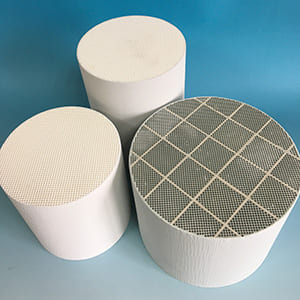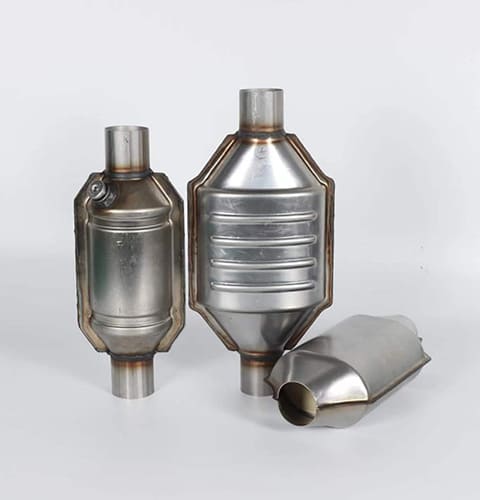Ever had a bulk shipment of catalytic converters only to discover a defect after delivery? Or perhaps received a barrage of warranty claims from a major client? Such scenarios can turn a simple sales transaction into a logistical and legal nightmare. So how can wholesalers be proactive and diminish the risk?
Navigating the complexities of warranty and liability in the world of catalytic converter wholesale isn’t just crucial – it’s integral to maintaining long-term partnerships and sustaining business growth. When your reputation and bottom line are at stake, understanding these aspects is paramount.
Continuing on, we’ll delve deeper into understanding these challenges and offer practical solutions for catalytic converter wholesalers.
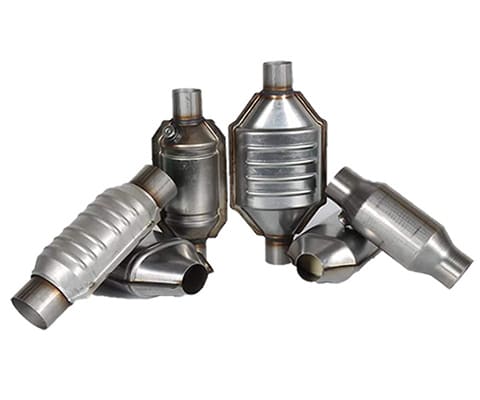
Why are Warranty and Liability Concerns Elevated for Catalytic Converters?
Catalytic converters play a vital role in vehicle emission control, helping reduce harmful pollutants. A malfunction can lead not just to increased emissions but potential legal consequences for vehicle manufacturers and owners. But what causes these malfunctions, and why is the warranty period so crucial?
- Material Degradation: Over time, the precious metals inside catalytic converters can degrade, reducing efficiency.
- Improper Installation: Sometimes, it’s not the converter, but the installation that causes issues.
- Sub-par Materials: Low-quality materials can fail faster than premium-grade options.
How Can Wholesalers Assure Quality and Reduce Warranty Claims?
For any wholesaler, frequent warranty claims can be damaging both in terms of finances and reputation. But how can you, as a wholesaler, minimize these claims?
- Quality Control: Regularly test a sample from every batch before shipping. Ensure that each piece meets or exceeds industry standards.
- Vet Manufacturers: Establish strong relationships with trustworthy manufacturers who adhere to quality guidelines.
- Educate Buyers: Sometimes, the problem lies in the installation or mishandling. Provide buyers with installation guides or troubleshooting manuals.
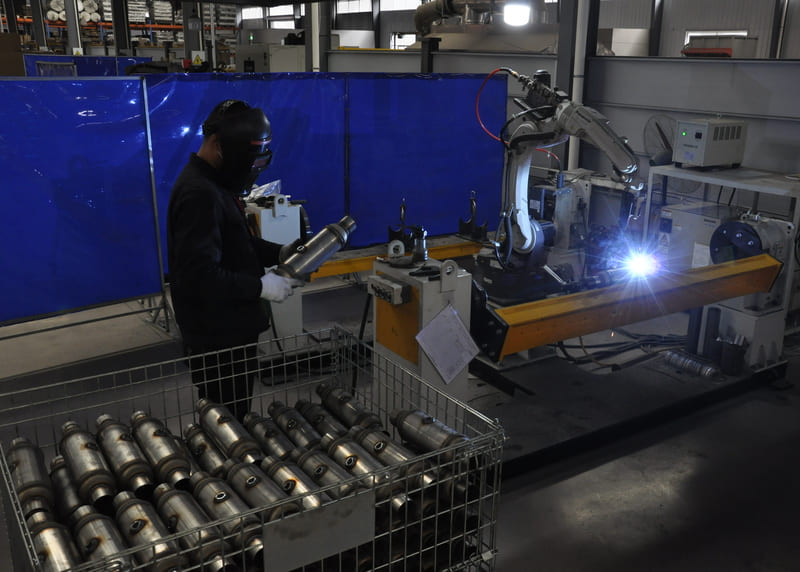
What Legal Protections Should Wholesalers Have in Place?
Entering the world of wholesale without a legal safety net is perilous. What measures can ensure protection against undue claims or liabilities?
- Clear Warranty Terms: Clearly state the terms of the warranty, including its duration and what it covers.
- Limitation of Liability Clauses: Define the maximum liability in case of product failure. This can protect from massive compensations.
- Insurance: Ensure comprehensive coverage to protect against potential claims.
How Can Wholesalers Handle Claims Efficiently?
Even with precautions, claims can arise. How you handle them can define your relationship with clients.
- Establish a Clear Process: Having a streamlined process ensures faster claim resolution.
- Train Staff: Ensure your team understands the products well enough to assist clients or direct them to experts.
- Maintain Open Communication: Keeping clients informed during the claim process fosters trust.
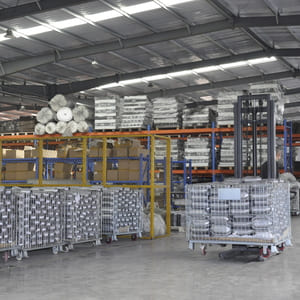
Conclusion
In the wholesale industry, especially with crucial components like catalytic converters, warranty and liability issues are not just challenges but opportunities. By ensuring product quality, setting clear terms, and handling claims efficiently, wholesalers can build trust, strengthen relationships, and pave the way for future business growth. Navigating these waters may seem daunting, but with the right approach, they’re more than manageable.

